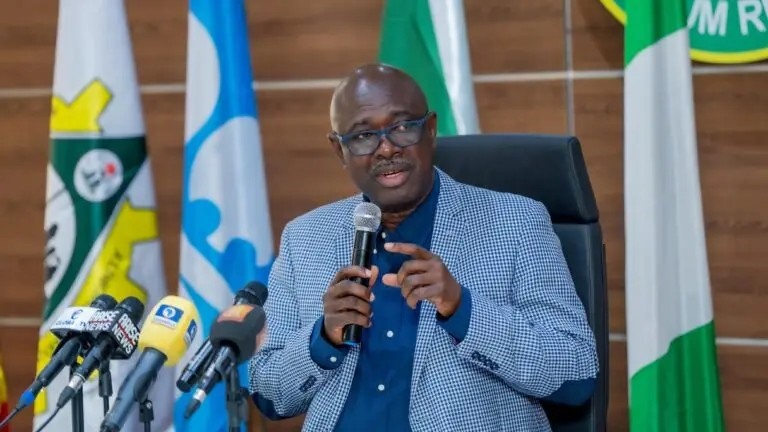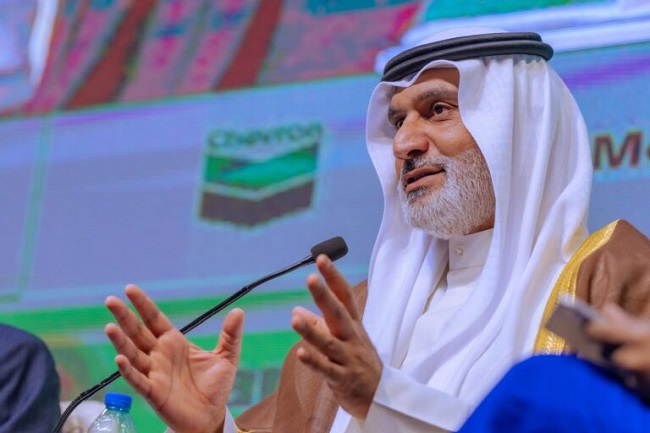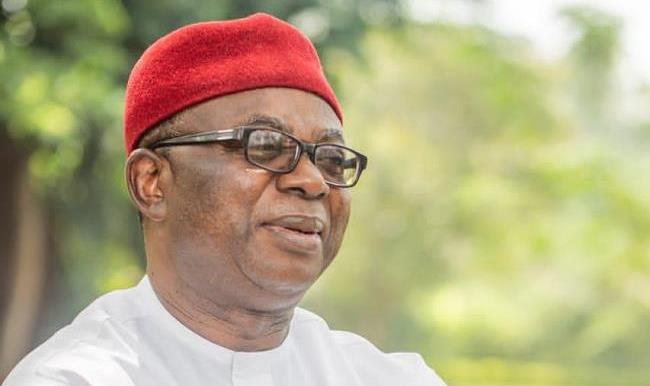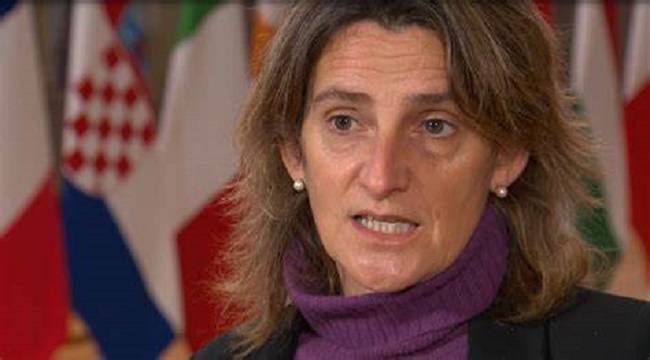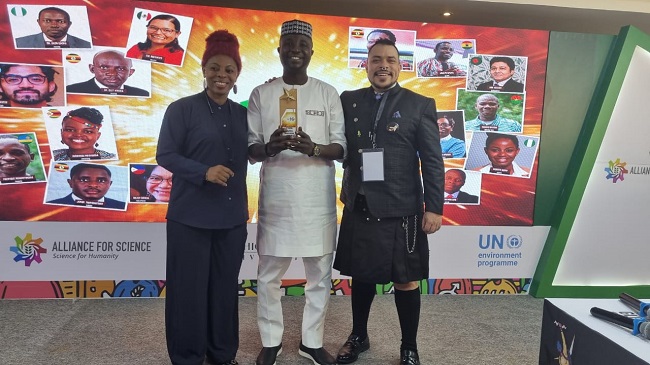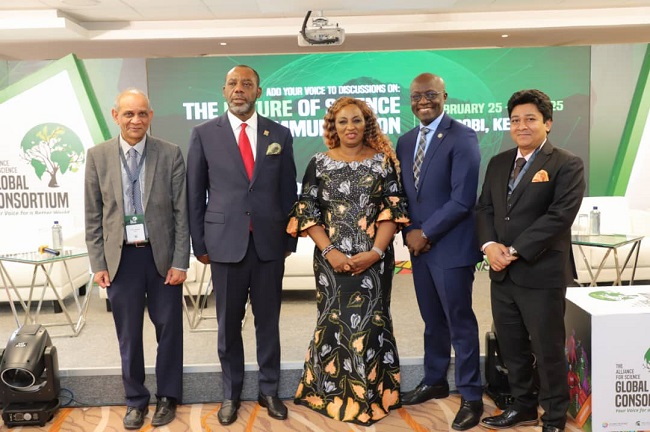As the world marks the 20th anniversary of the World Health Organisation Framework Convention of Tobacco Control (WHO FCTC), Corporate Accountability and Public Participation Africa (CAPPA) has urged the Nigerian government to escalate enforcement of the National Tobacco Control Act (NTCA), the National Tobacco Control Regulations, as well as the Regulation prohibiting promotion and glamourisation of smoking in the film and music industry.
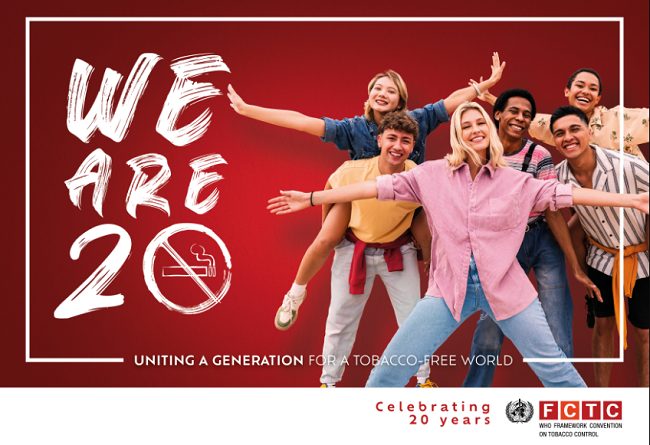
In a statement on Wednesday, February 26, 2025, CAPPA noted that the FCTC is the first global public health treaty, adopted on February 27, 2005. It regulates tobacco products, including their content, packaging, advertising, marketing, sponsorship, price, taxation, and illicit trade, to protect future generations from the health, social, environmental, and economic consequences of tobacco use. Many countries have become parties to the treaty, including 183 countries representing 90 percent of the world’s population.
Nigeria became a signatory to the treaty in 2004 and ratified it in 2005. To implement the convention, the country enacted the National Tobacco Control Act 2015, and later the National Tobacco Control Regulations in 2019, and, most recently, the Regulation prohibiting the promotion of smoking.
“This milestone offers an opportunity to reflect on the treaty’s remarkable achievements, renew our commitment to tobacco control, and engender a healthier, tobacco-free future for Nigerians,” said Akinbode Oluwafemi, Executive Director at CAPPA.
However, he noted that despite these laws, the enforcement of tobacco control in Nigeria has been low, with the industry exploiting regulatory gaps to target more victims, especially younger demographics, with new, addictive, unregulated tobacco and nicotine products of death and disease.
“Annually, more than 8 million people die from diseases caused by smoking and other tobacco use,” Oluwafemi said. “In Nigeria, tobacco-related illnesses kill 26,800 yearly and cause terrifying non-communicable diseases including cancer, heart disease, and chronic respiratory diseases on thousands more, costing billions in healthcare expenses and lost productivity. In addition, tobacco cultivation, manufacturing and use poison our water, soil, beaches and streets with chemicals, toxic waste, cigarette butts, including microplastics, and e-cigarette waste, destroying our environment and further harming human and animal health.”
“Worse yet,” Oluwafemi added, “the tobacco industry is exploiting our weak legislative and enforcement environment to aggressively lobby governments and the public to embrace newer kinds of harmful tobacco products that it presents as ‘safer’ than traditional tobacco use. Through deceptive marketing on social media and corporate social responsibility (CSR), the industry undermines tobacco control laws and entices more users into tobacco consumption.
“To be clear, these products, including e-cigarettes and other electronic nicotine delivery systems (ENDS), heated tobacco products (HTPs), snus, and oral nicotine pouches, among others, are not safe. Rather they are addictive and contain carcinogenic and other dangerous chemicals that make them an unacceptable, man-made health risk.”
To counter the problem, CAPPA canvassed intensified regulatory measures and the full operationalisation of the National Tobacco Control Fund (NTCF), including adequate funding.
Oluwafemi said: “The Federal Government must show that it recognises and understands the alarming danger tobacco consumption poses to public health and the economy, by raising the allocation to the Tobacco Control Fund from the present N10 million to a minimum of N300 million for the effective regulation of tobacco consumption. This will aid the National Tobacco Control Committee (NATOCC) and the Tobacco Control Unit (TCU), domiciled within the Federal Ministry of Health and Social Welfare, to carry out their responsibilities as stipulated in the National Tobacco Control Act.
“Such responsibilities include implementing robust public health campaigns to educate citizens about the dangers of tobacco use, funding research initiatives to monitor trends in tobacco consumption and evaluate policy impacts, enhancing enforcement efforts, including monitoring compliance with existing laws and prosecuting violations and supporting alternative livelihood programs for tobacco farmers, ensuring that they transition sustainably to other crops.
“The FCTC has been known to save lives, and by leveraging it locally, we can shield more Nigerians from the dangers of the tobacco industry.”.

